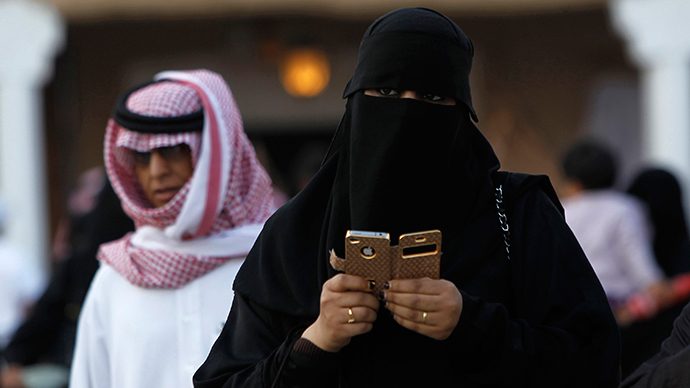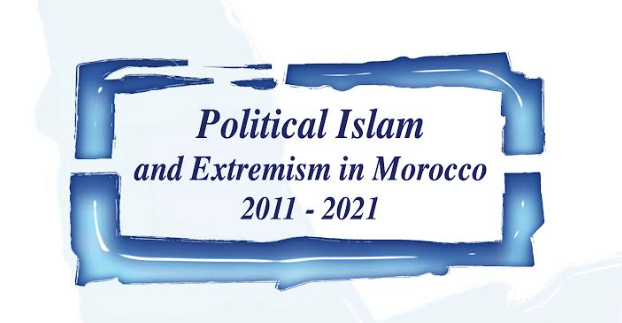The 111th edition of Al-Mesbar’s monthly book series picks up where the prior volume left off in its coverage of the Hisba, or Islamic religious police — Religious Police II: States, Institutions, Revolutions. Volume 110 had examined how the likes of ISIS and Boko Haram, thriving in failed and failing states across the Arab and Islamic world, envision the application of Hisba according to Islamic Shari’a. The current edition probes states that legitimize the institution of religious police as a component of their security sector, and describes how the institutions function.
The book includes research on religious police institutions in Iraq, Iran, Malaysia, Saudi Arabia, and Sudan, and their justification on the basis of the Qur’anic injunction to “Enjoin virtue and prevent vice.” Studies spotlight the impact of religious police on human rights and civil liberties, and trace the religious and political patronage that ensure their endurance.
Researchers show how the “Hisba” has come to serve Islamists as a tool with which to target political opposition — and how in presuming to deter “vice,” it more often provokes confrontation.
The volume explores potential means to address the deleterious effects of religious police in environments where the institution is deeply entrenched within the state. Among potential alternatives to the complete abolition of the religious police is to limit the “officers’” role to preaching — and take away their authority to make arrests or otherwise intervene in people’s lives. Other proposals, informed by an assessment of the inherently radical culture pervading religious police institutions, call for the “rehabilitation” of the police officers themselves. They also propose a reimagining of the essential mission statement of religious police, from monitoring and restricting freedoms to protecting society from radicalism and terrorism.
Scholars share the view that a modern legal system and the institution of rule of law principles are essential in establishing rights and equality for all.
The center would like to thank all scholars who contributed to this edition, and in particular, Dr. Mohammed Haddad and Dr. Rita Faraj for coordinating it.










